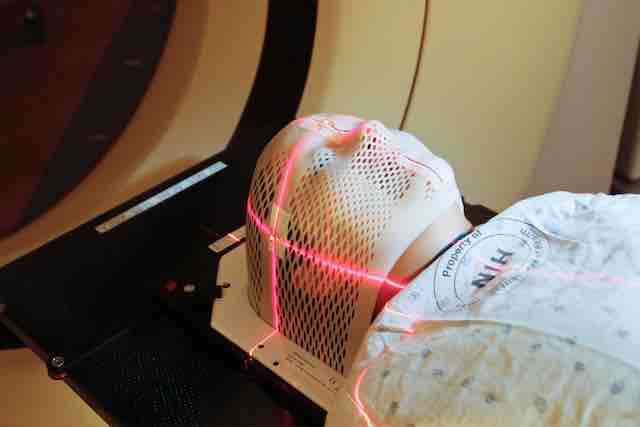Are you tired of living with chronic pain? If you’re among the millions who suffer from this debilitating condition, we’ve got some encouraging news for you. Scientists have just uncovered the specific brain signals that might be responsible for chronic pain, paving the way for potential new treatment strategies.
##Understanding Chronic Pain
Chronic pain is a persistent condition that affects an estimated 20% of the global population. It can cause significant distress and severely impact the quality of life. Over time, this constant discomfort can lead to other serious health conditions, including depression and anxiety. While there are several treatments available, they often don’t provide adequate relief, leaving many sufferers in a perpetual search for an effective solution.
##Unraveling the Mystery of Pain Perception
The mystery of how the brain perceives and processes pain has puzzled scientists for years. While they understood that pain signals traveled from the site of injury to the brain, the specific details of these processes remained elusive. But now, thanks to breakthrough research in neuroscience, we’re beginning to unlock the secrets of pain perception.
##The Discovery of Brain Signals in Chronic Pain
In a landmark study, scientists identified specific brain signals linked to chronic pain. Using advanced imaging techniques and complex algorithms, they discovered unique neural pathways that seem to intensify and perpetuate pain, even in the absence of physical injury. This understanding is revolutionary because it offers a completely new perspective on chronic pain. It’s not just about damage to the body; it’s also about the brain’s interpretation of these signals.
##Implications for Pain Management and Treatment
The discovery of these brain signals linked to chronic pain has profound implications for pain management and treatment. It could lead to the development of new strategies targeting these neural pathways, potentially offering more effective relief for chronic pain sufferers.
Moreover, by understanding the brain’s role in pain perception, healthcare providers can implement more personalized and comprehensive pain management plans. It could mean more options, beyond traditional medication, such as cognitive behavioral therapy, mindfulness, and other brain-targeted interventions.
##Looking to the Future: Chronic Pain Research
While this discovery is a significant step forward, there is still much to learn about chronic pain and its relationship with the brain. However, this research provides a beacon of hope for those living with chronic pain.
In the future, the hope is that with further research, scientists can identify even more precise brain signals associated with chronic pain. This could potentially lead to even more tailored treatments, possibly even preventing chronic pain before it starts.
As we continue to explore the complexities of the human brain, one thing is clear: this groundbreaking research opens a new chapter in our understanding of chronic pain, and it brings us one step closer to a future where chronic pain can be more effectively managed or even eradicated.












